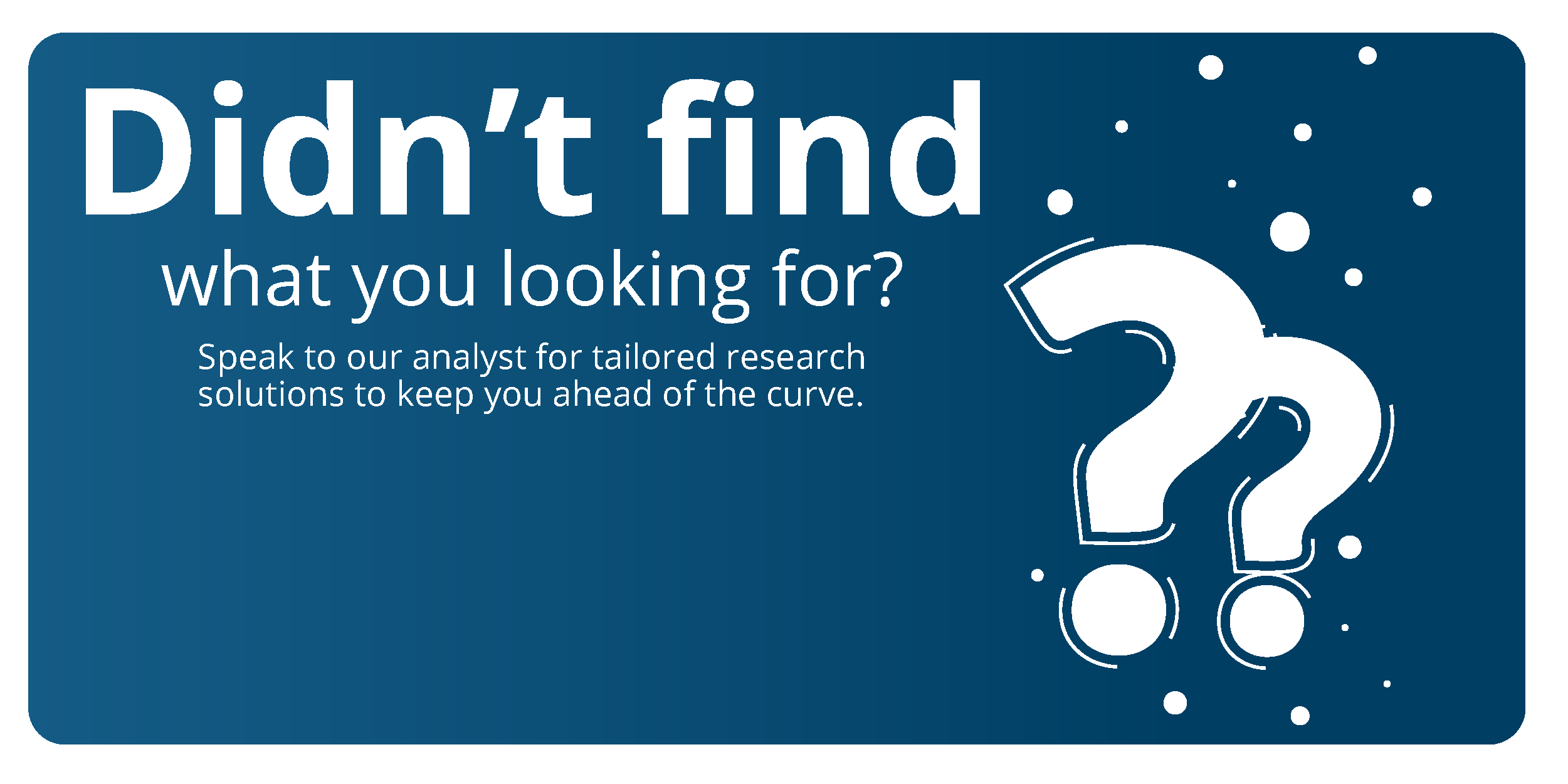Global Adoptive Cell Therapy For Cancer Treatment Market Report 2019, Competitive Landscape, Trends and Opportunities
SKU ID : Maia-14133949 | Publishing Date : 24-Apr-2019 | No. of pages : 132
The report mainly studies the size, recent trends and development status of the Adoptive Cell Therapy For Cancer Treatment market, as well as investment opportunities, government policy, market dynamics (drivers, restraints, opportunities), supply chain and competitive landscape. Technological innovation and advancement will further optimize the performance of the product, making it more widely used in downstream applications. Moreover, Porter's Five Forces Analysis (potential entrants, suppliers, substitutes, buyers, industry competitors) provides crucial information for knowing the Adoptive Cell Therapy For Cancer Treatment market.
Major players in the global Adoptive Cell Therapy For Cancer Treatment market include:
Bristol-Myers Squibb
GlaxoSmithKline
Janssen
Genentech
Eli Lilly
Merck
Roche
Amgen
On the basis of types, the Adoptive Cell Therapy For Cancer Treatment market is primarily split into:
Surgery
Chemotherapy
Radiotherapy
On the basis of applications, the market covers:
Autologous adoptive T cell therapy
Allogeneic Adoptive T cell therapy
Geographically, the report includes the research on production, consumption, revenue, market share and growth rate, and forecast (2014-2026) of the following regions:
United States
Europe (Germany, UK, France, Italy, Spain, Russia, Poland)
China
Japan
India
Southeast Asia (Malaysia, Singapore, Philippines, Indonesia, Thailand, Vietnam)
Central and South America (Brazil, Mexico, Colombia)
Middle East and Africa (Saudi Arabia, United Arab Emirates, Turkey, Egypt, South Africa, Nigeria)
Other Regions
Chapter 1 provides an overview of Adoptive Cell Therapy For Cancer Treatment market, containing global revenue, global production, sales, and CAGR. The forecast and analysis of Adoptive Cell Therapy For Cancer Treatment market by type, application, and region are also presented in this chapter.
Chapter 2 is about the market landscape and major players. It provides competitive situation and market concentration status along with the basic information of these players.
Chapter 3 provides a full-scale analysis of major players in Adoptive Cell Therapy For Cancer Treatment industry. The basic information, as well as the profiles, applications and specifications of products market performance along with Business Overview are offered.
Chapter 4 gives a worldwide view of Adoptive Cell Therapy For Cancer Treatment market. It includes production, market share revenue, price, and the growth rate by type.
Chapter 5 focuses on the application of Adoptive Cell Therapy For Cancer Treatment, by analyzing the consumption and its growth rate of each application.
Chapter 6 is about production, consumption, export, and import of Adoptive Cell Therapy For Cancer Treatment in each region.
Chapter 7 pays attention to the production, revenue, price and gross margin of Adoptive Cell Therapy For Cancer Treatment in markets of different regions. The analysis on production, revenue, price and gross margin of the global market is covered in this part.
Chapter 8 concentrates on manufacturing analysis, including key raw material analysis, cost structure analysis and process analysis, making up a comprehensive analysis of manufacturing cost.
Chapter 9 introduces the industrial chain of Adoptive Cell Therapy For Cancer Treatment. Industrial chain analysis, raw material sources and downstream buyers are analyzed in this chapter.
Chapter 10 provides clear insights into market dynamics.
Chapter 11 prospects the whole Adoptive Cell Therapy For Cancer Treatment market, including the global production and revenue forecast, regional forecast. It also foresees the Adoptive Cell Therapy For Cancer Treatment market by type and application.
Chapter 12 concludes the research findings and refines all the highlights of the study.
Chapter 13 introduces the research methodology and sources of research data for your understanding.
Years considered for this report:
Historical Years: 2014-2018
Base Year: 2019
Estimated Year: 2019
Forecast Period: 2019-2026
Frequently Asked Questions
- By product type
- By End User/Applications
- By Technology
- By Region

 Pre-order Enquiry
Pre-order Enquiry Request Free Sample
Request Free Sample


 Request Sample
Request Sample Request Customization
Request Customization Check Discounts
Check Discounts












